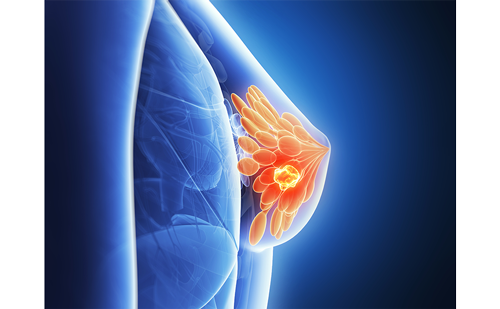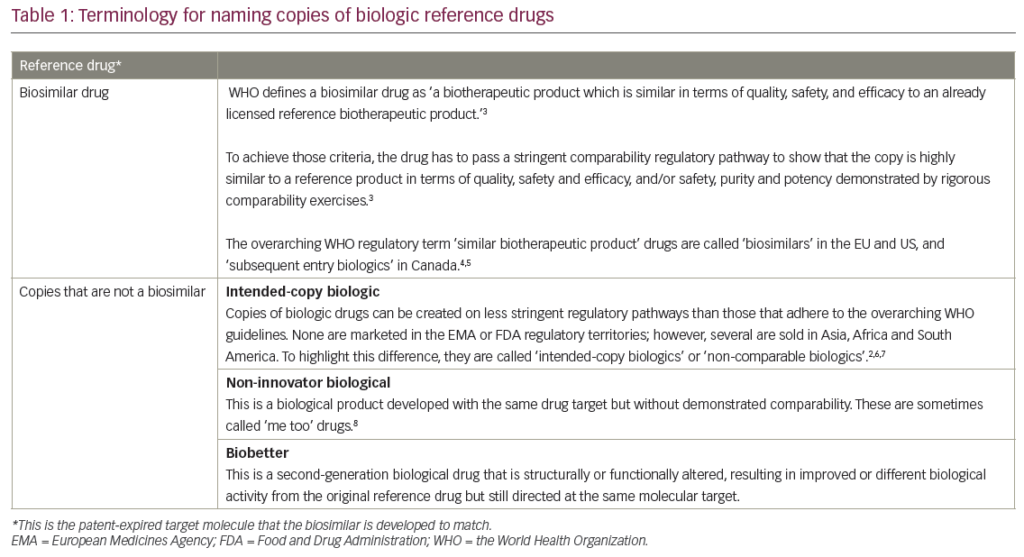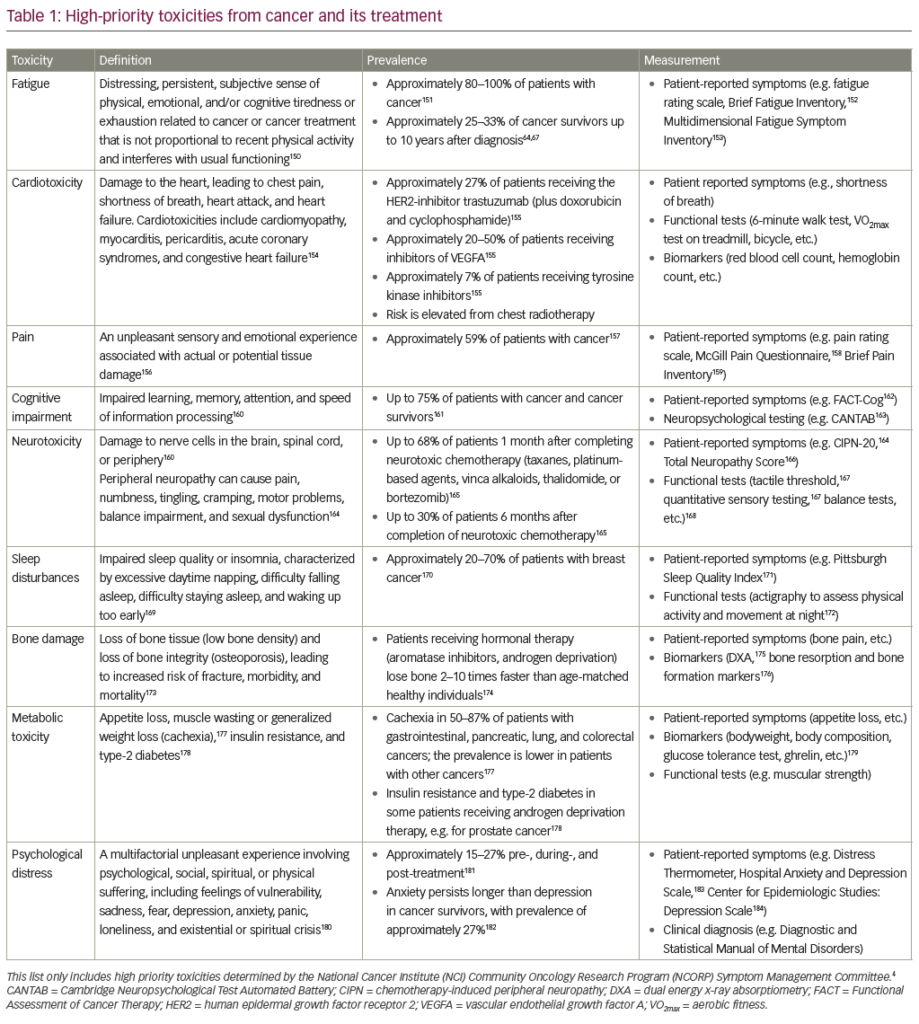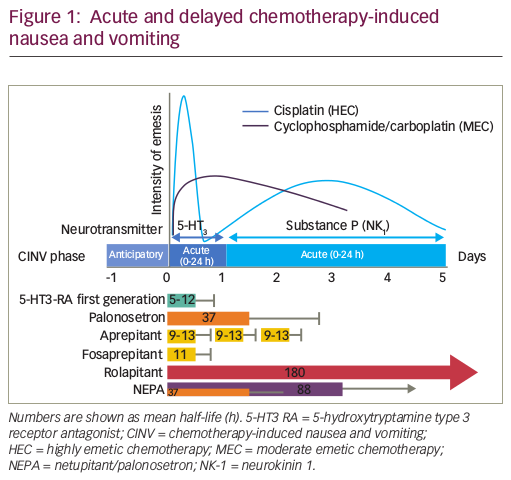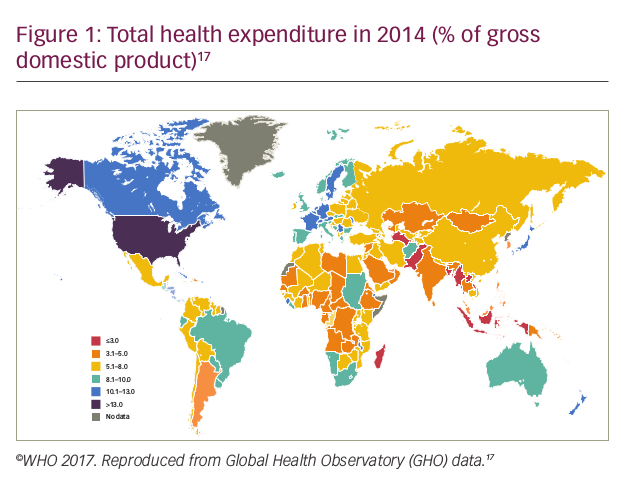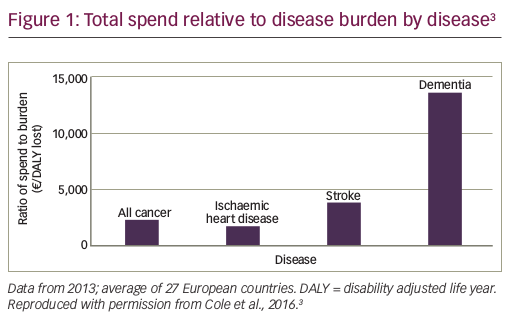Since 1981, the Federation of European Cancer Societies (FECS) has been working to facilitate the representation of the different European organisations of all disciplines involved in cancer research, treatment and care. FECS exists to promote and co-ordinate collaboration between these societies and to promote the implementation of multidisciplinary treatment, in order to enhance access for cancer patients to quality treatment and care. FECS has always been active in the organisation of conferences and, more recently, has been very much involved in continuing medical education (CME) and political lobbying activities. In all, FECS now represents 18 European societies and more than 18,000 oncology professionals in Europe. The need for an organisation to facilitate interaction between others and to provide a focal point for dialogue with interested parties was established many years ago, and FECS was created to fulfill that need. The relevance of such an organisation is even more valid today as, on the one hand, the incidence of cancer grows and the population of Europe increases and grows proportionally older and, on the other hand, European Member States face important problems in the field of public health and healthcare structures. In the words of Professor John Smyth, President-Elect of FECS, “if the Federation of European Cancer Societies didn’t exist, then it would have to be established”. Over the last 24 years FECS has been
working to achieve its objectives and it has been successful on a number of fronts; through its flagship conference (the European Cancer Conference (ECCO)) FECS has developed what is the largest multidisciplinary cancer conference in Europe has increased political awareness of European cancer issues, has successfully influenced a number of political files and has been central in the establishment of the Accreditation Council of Oncology in Europe (ACOE), which accredits CME events in oncology.
FECS is also committed to enhancing and fostering the science that underpins cancer treatment and care in Europe through the provision of platforms for scientific exchange, such as workshops, conferences and educational activities. The Flims Workshop on Methods in Clinical Cancer Research (organised jointly with American Association for Cancer Research (AACR) and American Society of Clinical Oncology (ASCO)) has already trained more than 500 young oncologists in the essentials of clinical trials design and implementation. The FECSorganised European Breast Cancer Conferences (EBCC) are the main European forum for scientificexchange in the field of breast cancer research, treatment and care and FECS also organises elective training courses for medical students and provides online multidisciplinary case studies through its website. As part of FECS’s attempts to strengthen European oncology in general, and to reflect the growing status of the ECCO meetings, the 2007 ECCO 14 conference has been extended into a full week-long event. This will extend the traditional ECCO conference by including extra days for public education and media activities to draw much more public attention to what can be done in the area of cancer prevention.
With the changing shape of Europe there is a need for a change in the structures that represent the oncology community, and its organisations and disciplines, within Europe. To ensure that the expertise of Europe’s oncology specialists is taken into account in the European political arena, and is used to advise and guide policy decisions, a much more strengthened and cohesive approach is required. FECS has already had success in representing European oncology on a number of issues (on the Clinical Trials Directive, on the European Commission regulation on medicinal products for paediatric use, on recognition of medical oncology) and is now recognised as an authoritative interlocutor by the European Parliament and the European Commission, but this position needs to be developed and taken still further. FECS is continuing to build on the advances it has already made and it is optimistic that its strong position can be used to future benefit on a range of issues that impact on cancer research, treatment and care.
FECS believes that the best way to ensure that European oncology remains a viable force and develops further as a world leader in oncology care with strong political influence and a secure research base is to form a strong, united group that represents all oncology partners within one high profile and widely recognised structure. Former EU Commissioner for Research Philippe Busquin also understands the need for the oncology community to develop stronger links amongst themselves, and to act with greater cohesion and coherence. He recently told an audience of FECS representatives:
“This [coherence and cohesion] will be the only possibility, not only to deal with specific integrated projects (which are so important for new developments), but also to make comparative analysis of treatments, to put in place a hierarchical system of centres of care, and to develop a coherent education to ensure the best for our patients and to improve the mobility of our young scientists and professionals between first line centres and hospitals”.
Two spheres of influence that impact on the practice of medicine have become more and more important over the last few years: in addition to the impact of political decisions on health policy, the second major sphere of influence is the patients themselves. Patients have become more successful at organising themselves into visible and effective pressure groups with the ability to influence healthcare policy and treatment provision. With the expansion of the EU, the ageing population and the new therapeutic and scientific developments, Member States face the same difficulties in developing sustainable healthcare systems and therefore the impact of politics on healthcare provision will continue to grow, not only at a national level, but at a European level.
In the future, the impact of both political influence and patient advocacy on healthcare in Europe will become even more widely felt. Health professionals also have to adapt themselves to this evolution; in some domains they are more conscious of this need than in others. The ease with which patients can obtain information and communicate across national boundaries is fuelling the strength of patient advocacy. When this is combined with the greater demand for accountability and the higher expectation (in terms of the standard of medical care provided), the potential influence of patients on future healthcare policy is clear to see. Indeed, patients in several medical fields have set a good example to the medical community of what can be achieved when all partners unite to address issues of common interest.
Recognising the crucial importance of including patients as partners in the evolution of healthcare policy, FECS has begun to develop stronger links with patients through its involvement with patient organisations throughout Europe and through the European Cancer Leagues, a sustaining member of FECS. FECS has organised a dedicated Patients’ Programme to be held during this year’s ECCO 13 conference in Paris. This Patients’ Programme will be used to bring patients, healthcare professionals and politicians together to identify aspects of European cancer care that are currently not optimal and to develop a set of recommendations to be used to influence political decisions and help bring about solutions to these problems. The participation of a number of national health ministers and European politicians, including the EU Health Commissioner Markos Kyprianou in the Patients’ Programme, emphasises the importance that is attached to oncology at a political level. Further underlining this importance, the UK, which currently holds the Presidency of the EU, will use cancer to illustrate different aspects of its main theme of ‘Inequalities’ in its health agenda.
Developing a true oncology spirit under one representative body, rather than having a division of specificities and a disparate political approach, will create new opportunities to collaborate on oncology issues of transnational importance. It would also allow the European oncology community to benefit from the greater power of a unified scientific and political voice representing cancer in Europe. This would ultimately strengthen Europe in terms of cancer research, treatment and care, and would contribute to realising FECS’s stated goal of securing provision of equal access to quality cancer care throughout all European countries. ■
My Learning
Login
Sign Up FREE
Register Register
Login
Trending Topic

12 mins
Trending Topic
Developed by Touch
Mark CompleteCompleted
BookmarkBookmarked
Allan A Lima Pereira, Gabriel Lenz, Tiago Biachi de Castria
NEW
Despite being considered a rare type of malignancy, constituting only 3% of all gastrointestinal cancers, the incidence of biliary tract cancers (BTCs) has been increasing worldwide in recent years, with about 20,000 new cases annually only in the USA.1–3 These cancers arise from the biliary epithelium of the small ducts in the periphery of the liver […]
touchREVIEWS in Oncology & Haematology. 2025;21(1):Online ahead of journal publication

